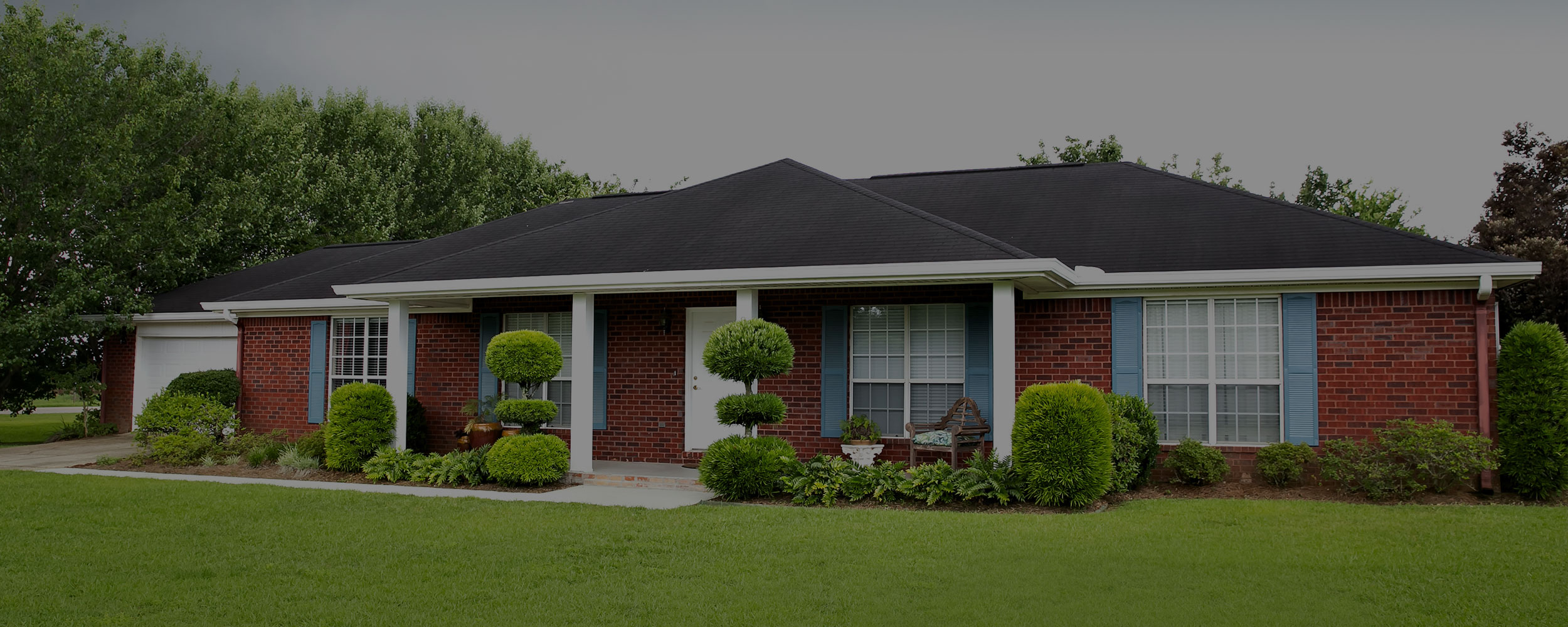What Are The Penalties?
In most cases, your property tax bills should become available in November. If you fail to pay your property taxes for the prior year by January 31, the government will begin levying penalties against you on February 1. Even if you qualify for quarterly payments (if you are exempt for disability or over the age of 65), you will need to pay at least 25 percent of your fees by February 1 or face fines. From this point forward, property tax penalties tend to snowball. According to the Travis County Tax Office and the Texas Property Tax Code, they accrue as such—if unpaid by:
- February, you’ll owe a 6 percent penalty plus 1 percent interest (7 percent total).
- March, 7 percent penalty, 2 percent interest (9 percent total).
- April, 8 percent penalty, 3 percent interest (11 percent total).
- May, 9 percent penalty, 4 percent interest (13 percent total).
- June, 10 percent penalty, 5 percent interest (15 percent total).
- July, 12 percent penalty, 6 percent interest (18 percent total).
- August, 12 percent penalty, 7 percent interest (19 percent total).
- September, 12 percent penalty, 8 percent interest (20 percent total).
- October, 12 percent penalty, 9 percent interest (21 percent total).
- November, 12 percent penalty, 10 percent interest (22 percent total).
- December, 12 percent penalty, 11 percent interest (23 percent total).
- January, 12 percent penalty, 12 percent interest (24 percent total).
While the penalty fee tops out at 12 percent, the interest keeps increasing by 1 percent each successive month. Given the potentially catastrophic effects of compound interest, you could end up owing a cumulative 42 percent on your property by July 1 and 47 percent by January 1.
You Could Face Foreclosure
Property tax penalties can be overwhelming, but if you don’t pay them, you could lose your home or business location. NOLO explains: “If you don’t pay your real [estate] property taxes in Texas, the overdue amount (including interest and penalties) becomes a lien on your home.” This means that, until you pay this amount off, your property technically belongs to the state. NOLO notes: “the taxing authority may start a foreclosure in court…at any time after the property tax becomes delinquent.” This means foreclosure proceedings could begin on your property as early as February 2.
If you can’t pay your taxes, penalties, and interest, the state could sell it in a foreclosure sale or, that failing, “strike it off” to the county to be sold at another time. To keep your home or business afloat, “you can ‘cure’ the delinquency by paying off the amount of the judgment at any time prior to the sale.” If your home is foreclosed upon and sold, you typically have two years to “buy back or ‘redeem’” it by reimbursing the new owner for the amount he or she paid and shelling out even more for other penalties. In short, if you don’t pay your property taxes, things could get very complicated (and expensive).
Tax Ease Can Lift the Burden of Property Tax Penalties
Are you struggling with property tax penalties? Tax Ease can help solve this problem by providing a property tax loan. We’ll cover your fees so you don’t have to worry about ever-increasing penalties. Tax Ease offers competitive interest rates, requires no out-of-pocket costs, provides flexible terms, and allows you to pay off your debts in manageable monthly installments.
Don’t Pay the Penalty for Delinquent Property Taxes
Don’t drown in property tax penalties. Contact Tax Ease today to find out more or begin our easy, efficient application process.
Do you need a property tax loan?








